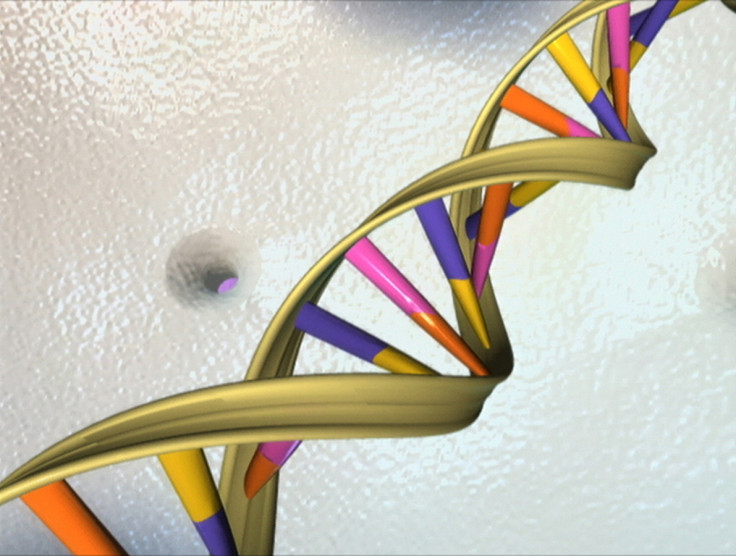Largest genome studies establish obesity links to genes and brain

Obesity has been strongly linked to genetics by two large genome studies that have established a neurological basis to weight problems.
The findings are important as they can identify genes involved in biochemical pathways that may cause obesity and may link obesity to diabetes and heart disease.
The proteins produced by the genes could offer targets for the development of new drugs to fight obesity.
Scientists have uncovered around 140 gene regions associated with obesity when looking through DNA libraries of more than 339,224 people as part of the Genetic Investigation of Anthropometric Trait GIANT project, which aims to identify genes that regulate human body and size.
"Our work clearly shows that predisposition to obesity and increased BMI is not due to a single gene or genetic change," Dr Elizabeth Speliotes, assistant professor of internal medicine and of computational medicine and bioinformatics at the University of Michigan Health System and senior author of one of the papers said.
Speliotes and colleagues at Broad Institute of MIT and Harvard and Mt Sinai Health System investigated the genetic basis of body mass index (BMI), a common measure of overall obesity.
They found 97 sites associated with obesity, tripling previous estimates.
The other paper focused on genes that affect the body where fat is stored.
For example, people with more belly fat are more likely to have metabolic conditions such as type 2 diabetes and cardiovascular disease than those with more fat in the hips or distributed throughout the body.
"We need to know these genetic locations because different fat deposits pose different health risks," senior author Karen Mohlke, a professor of genetics at the University of North Carolina School of Medicine.
Around 33 gene regions were found linked to this distribution.
The largest-ever genetic map of obesity constructed also shows links with the nervous system.
The analyses of genetic links to BMI indicate that the central nervous system has a role in obesity susceptibility, including a pathway that responds to changes in feeding and fasting and that is thought to be targeted by an FDA-approved weight-loss drug.
Professor Elizabeth Speliotes said this surprised her: "You don't go to your neurologist to discuss your weight - when we think about obesity we don't generally think of the nervous system.
"But this changes the way we think about obesity - rather than just a metabolic condition perhaps it has a neurological basis too."
The findings appear in two companion papers published 11 February in the journal Nature.
The next step, the researchers said, is to figure out exactly how these genes function and how they make people more susceptible to obesity.
© Copyright IBTimes 2025. All rights reserved.





















